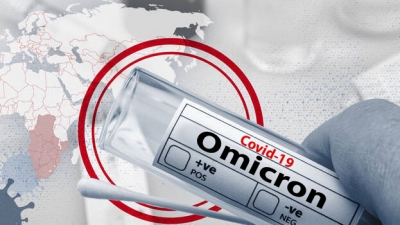There are many advantages of coating the floor of a garage, room, or car shop, especially with epoxy. Epoxy floor coating is durable and seals your floor, adding beauty and safety to any area that receives a lot of traffic. Epoxy can protect your floor from extra damage and add a level of polished professionalism if it is uncoated and has been exposed to damage.
Table of Contents
ToggleWhat Is Epoxy Floor Coating?
Epoxy floor coating is formulated with epoxide resin, polyamine hardener, and other chemicals. It is frequently used as an adhesive when not used as a floor coating. When it is combined, a chemical reaction takes place that results in specific characteristics of your floor. New stability and durability on the surface are two of the most significant effects of this chemical reaction. This process forms a strong bond by curing and sealing the surface it is applied on. To decide if epoxy floor coatings are the best option for your space, look at their benefits.
Benefits Of Epoxy Floor Coating
Why would your garage need epoxy flooring? The chief reason is the enhanced long-lasting protection it provides. Spills are simple to clean up, and the floor will remain beautiful for many years.
Let’s look at the advantages of epoxy flooring that will persuade you for commercial grade garage floor coatings in Aurora, IL.
Appearance And Covering Defects
Epoxy floor coatings convert spaces into finished and aesthetically pleasing spaces. An epoxy coating will result in a classy appearance whether the garage is a part of your business or it has to be spruced up.
Additionally, epoxy hides any prior flaws your garage floor may have experienced. To decorate your garage or space, epoxy comes in a variety of styles and color choices. Choose epoxy paint to blend the long-lasting ingredient into the paint color of your choosing for a masking effect, which will further conceal flaws.
Weather Resistant
Epoxy flooring can survive the harshest conditions, regardless of whether you reside in the dry southwest or the humid four-season northeast. Epoxy can withstand temperatures between zero- and 200-degrees Fahrenheit. It is secure for use both inside and outside thanks to its fireproofing.
Epoxy is resistant to the sun, rain, sand, snow, and changes in temperature. No matter the weather, this resilient coating will keep the underlying concrete safe.
Cost-effective
When it comes to installation expenses, you’d think that putting a protective coating on your garage floor would be costly. But you’ll be relieved to find that epoxy flooring is inexpensive. Compared to other flooring solutions, epoxy flooring is more affordable and has a lower price per square foot.
You might need to remove or resurface your current concrete flooring before installing another type of garage floor. Epoxy flooring, however, eliminates this requirement because it can be applied over concrete, steel, or wood flooring that already exists.
What about reapplications and repairs with epoxy? These are also reasonably priced and less expensive than the first epoxy application. An epoxy coating rarely needs to be repaired or reapplied, which is a good thing.
Durability
Since epoxy flooring lasts a lot longer than many other types of floors, they are perfect for garages. When applied and taken care of properly, they can last a surprising amount of time. Epoxy forms a covering that is incredibly tough and long-lasting when it turns into a polymer and solidifies. Your epoxy flooring expert can provide you with all the knowledge you need to maintain the quality of your new floor. It can be both inexpensive and useful to invest in an epoxy floor.
Chemical
Epoxy is unaffected by chemical substances that are either left over from your car or built up from housework. No need to stress out if working on your garage’s vehicle collection requires a lot of brake fluid or oil to spill on the floor. Cleanup with chemicals won’t harm the epoxy finish. Chemicals are prevented from leaking through the layers and harming the concrete due to their density and depth.











